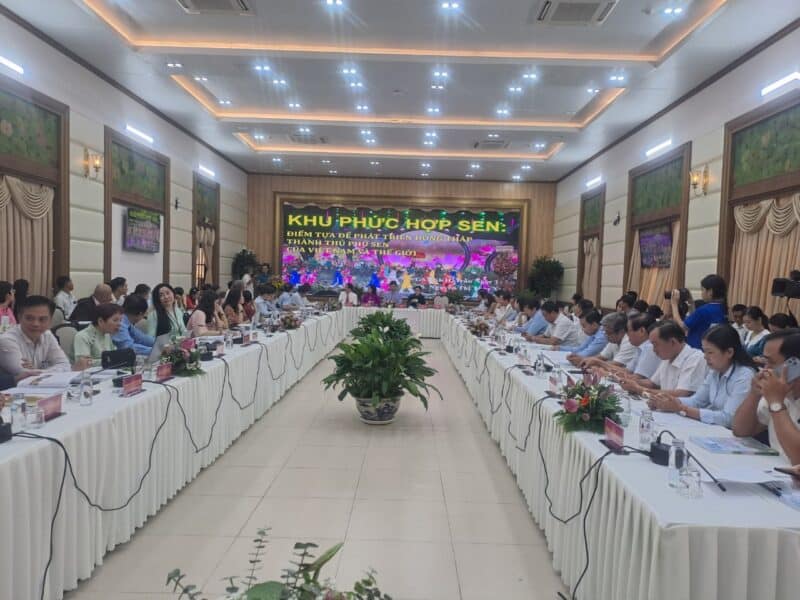
Lotus-Based Models
Sustainable Lotus Silk Production for Flood Strategy in the Mekong Delta
Supported by The Coca-Cola Foundation
The IUCN US Fund builds bridges between US donors and IUCN, by catalyzing, accelerating, funding and promoting IUCN’s work — conserving nature and natural resources in the United States and throughout the world.